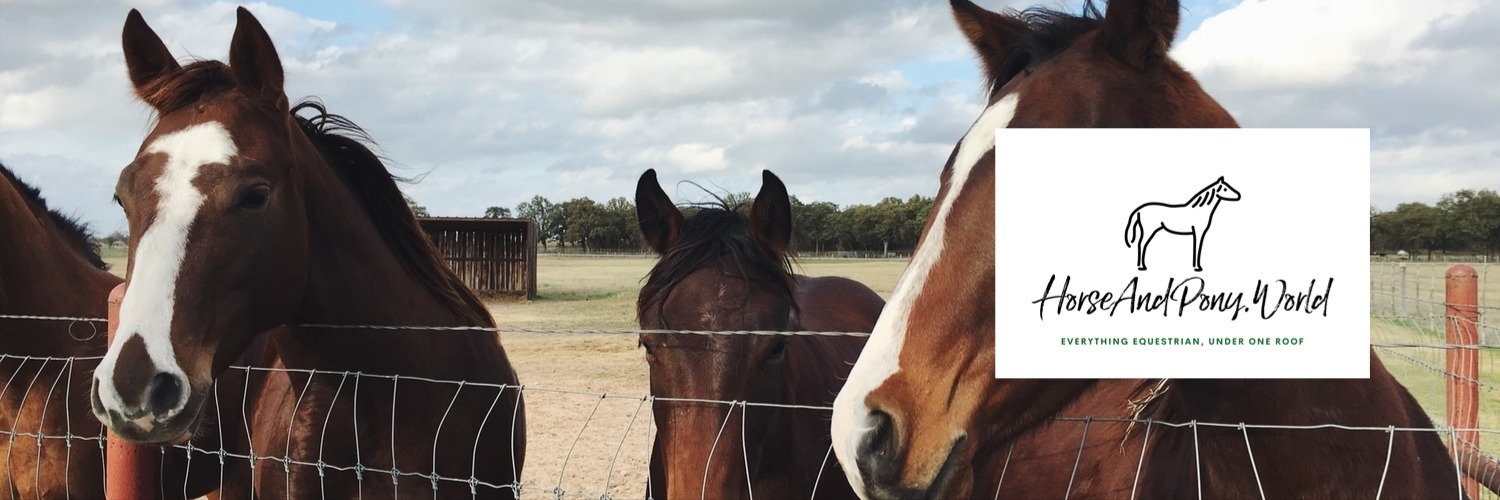
So You Bought Your First Horse: What Do You Need To Know?
Congratulations! You are officially a horse owner. So, now that you’ve bought a horse, what comes next?Horse ownership can easily become overwhelming, especially if you are new to it. In this article, we will outline the most important things to know as a new horse owner to help simplify the transition.
Tack and Equipment
If you don’t already have tack and grooming equipment, you will need to start purchasing those. It is not necessary to buy the fanciest, most expensive tack, especially if you are just starting out. The best option for a new horse owner is to buy sturdy used tack. This will help you save some money in the long run. If you want to upgrade later, you can. Quality used tack tends to hold its value, so you can likely sell it for what you paid. As far as equipment is concerned, you will need to purchase the basics. A mane/tail brush, soft and stiff brush, and a hoof pick are must-haves. Some other items to pick up are fly spray, shampoo, detangler, and a shedding blade. You should also put together a basic emergency vet kit, but we will discuss that in more detail later.
Hoof Care
Find a reliable farrier or blacksmith with a good reputation and get on their schedule. Your horse will need their hooves trimmed every six to eight weeks. If they wear shoes, they will get new ones at the same time their hooves are trimmed. Sometimes if the shoes are still in good shape, the blacksmith will just put the same ones back on, but youshould still be prepared to pay the cost of a new pair every time. In between farrier visits, keep up with their hoof health by regularly picking them out and checking for signs of thrush and other diseases. Consistent hoof care is animportant part of keeping your horse happy and healthy. If their hooves get too long or become diseased, your horse could become lame and in pain.
Veterinary Care
In addition to finding a respectable farrier, you need to find a qualified veterinarian for your horse. Aveterinarian is important not only for preventative care but also in emergencies. Your horse will need vaccinationsdone each year to prevent disease. Vaccinations are also often required to keep them in a livery, travel, or go to shows.Along with vaccinations, you will need to have your horse’s teeth floated annually. Horse teeth grow consistently andcan become sharp and painful. Your veterinarian may provide dental care or they will be able to refer you to an equine dentist that can.
Be Prepared for the Unexpected
One of the best pieces of advice for a new horse owner is: expect the unexpected. Horses are crafty animals thatcan and will find any way to get themselves hurt. They can also fall victim to acute illnesses that need emergency intervention. Your horse will inevitably become hurt or sick at some point in its lifetime, so it is important to be prepared. Keep your veterinarian’s number on hand and make sure your livery has it as well. As we mentioned earlier, you should
make a first aid kit and keep it where your horse is stabled. Important things to include in your first aid kit are cohesive bandages (like Vetrap), gauze, antibiotic cream for wounds, a thermometer and lubricating jelly, normal saline for flushing wounds and eyes, gloves, a tourniquet, and a flashlight.
Conclusion
It’s often said that the cheapest part of horse ownership is buying them. Owning a horse is expensive, so make sure that you have money saved up in case of emergency and that you allot enough of your budget towards yourhorse. Preparedness and planning are the keys to successful horse ownership. Following this guide can help you get started on your new journey. We wish you luck with your new horse and hope you enjoy this new chapter of your life!

Leave your comment
You must be logged in to post a comment.